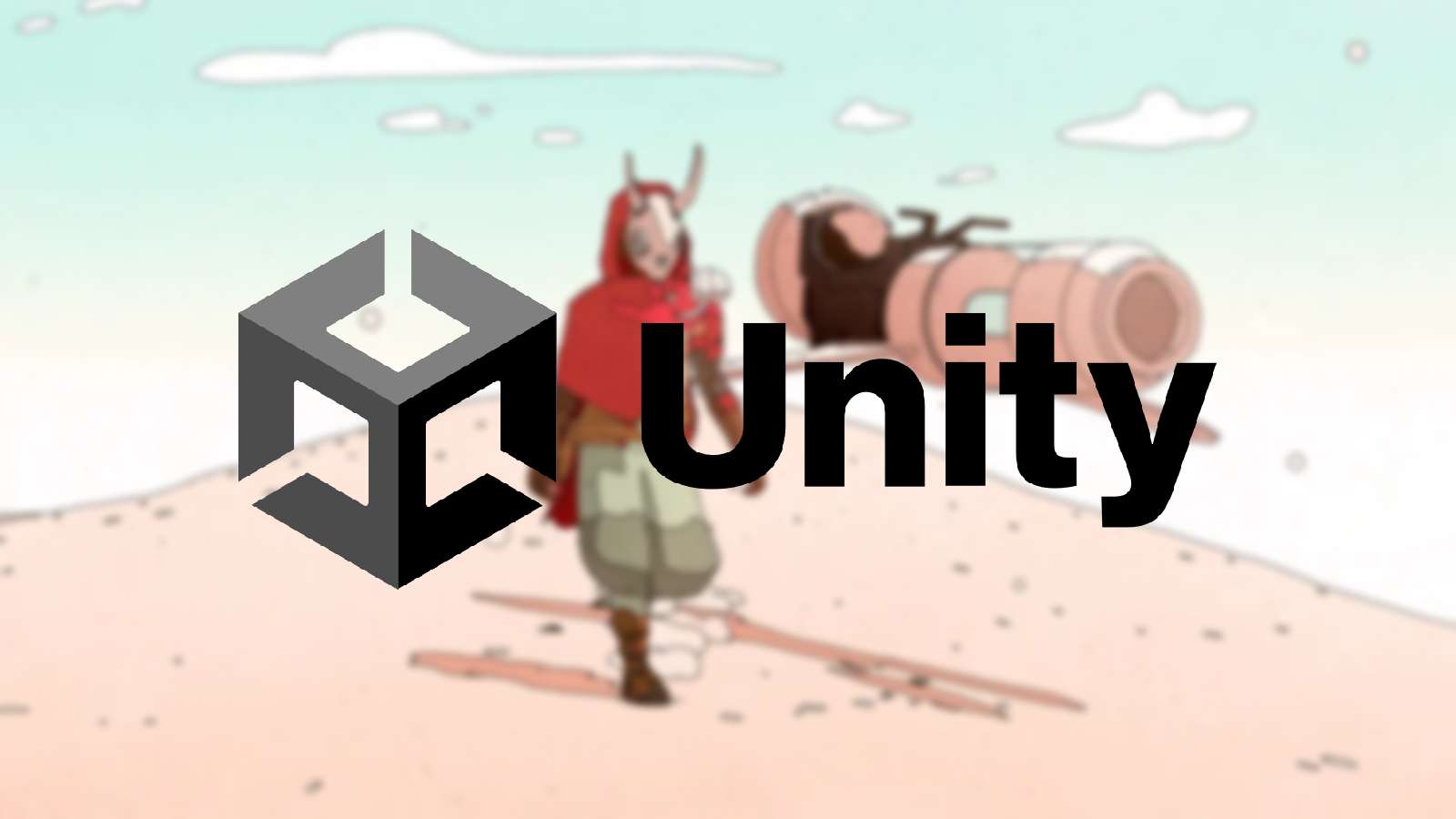Unity pledges to alter Runtime Fee policy after widespread backlash
 Shedworks/Unity
Shedworks/UnityUnity has responded to the widespread community backlash of late, pledging to make changes to the controversial Runtime Fee announced just days prior.
Unity, the company responsible for the widely industry-used game engine of the same name, announced on September 12 that it would be introducing a Runtime Fee that charges devs each time a game using their engine is downloaded.
Planned to start in January 2024, the game dev community near-unanimously protested the incoming changes as some of the plans would mean thousands if not millions of dollars owed to Unity depending on the size and success of the project.
And now, after a week of backlash, Unity has pledged it will be changing the Runtime Fee policy.
“We have heard you,” read the September 17 announcement from Unity. “We apologize for the confusion and angst the Runtime Fee policy we announced on Tuesday caused. We are listening, talking to our team members, community, customers, and partners, and will be making changes to the policy.”
Unity added that it will be revealing the exact adjustments in the coming days. This change of plans came after a week of Unity attempting to explain its reasons for the incoming fees, which saw massive backlash.
Indie games like Cult of the Lamb threatened to pull their title after the announced fees, with Unity even being forced to close their offices after receiving death threats.
The charge rate of the Runtime Fees would depend on which Unity plan a dev is on, but when a dev reaches $200,000 in revenue over 12 months, they could be subjected to charges as much as $0.20 per install.
The Runtime Fee caused concern for many games in development and dev teams’ futures as many high-profile projects run on the engine.
Genshin Impact, Honkai: Star Rail, Pokemon Go, Rust, and Hearthstone all run on Unity to name a few, with indie titles such as Cuphead, Hollow Knight, Risk of Rain 2, Among Us, and Outer Wilds also utilizing the engine.



